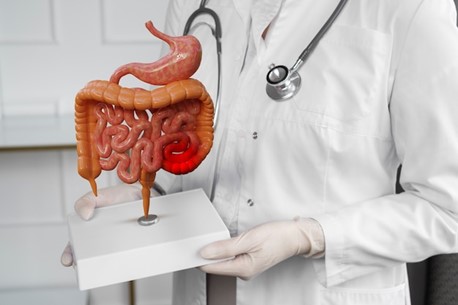Colorectal cancer refers to cancer that develops in the colon (the large intestine) or the rectum. It is one of the most common types of cancer worldwide and can affect both men and women. Here are some key points about colorectal cancer:
Symptoms
Common symptoms may include changes in bowel habits (diarrhea or constipation), blood in the stool, persistent abdominal discomfort (such as cramps, gas, or pain), weakness or fatigue, unintended weight loss, and a feeling that the bowel does not empty completely.
Risk Factors
- Age (risk increases with age)
- Family history of colorectal cancer or polyps
- Inflammatory bowel disease (such as Crohn’s disease or ulcerative colitis)
- A diet high in red or processed meats
- Obesity
- Smoking
- Excessive alcohol consumption
Screening and Diagnosis: Screening tests for colorectal cancer include colonoscopy, sigmoidoscopy, fecal occult blood tests (FOBT), and stool DNA tests. Diagnosis involves a combination of imaging tests (such as CT scan or MRI) and biopsy (tissue sampling) to confirm cancerous cells.
Treatment
Treatment options for colorectal cancer depend on the stage of cancer and may include surgery (to remove the tumour and nearby lymph nodes), chemotherapy, radiation therapy, targeted therapy (medications that target specific abnormalities in cancer cells), and immunotherapy.
Prevention
Lifestyle changes such as maintaining a healthy weight, being physically active, eating a diet rich in fruits, vegetables, and whole grains while limiting processed meats and alcohol, and quitting smoking can help reduce the risk of colorectal cancer.
Colorectal cancer is a significant health issue involving the colon or rectum. Early detection is key through screening, leading to better treatment outcomes. Treatments include surgery, chemotherapy, and targeted therapies based on cancer stage. Lifestyle changes and awareness of risk factors are crucial for prevention. Ongoing research aims to improve care and support for patients and families affected by this disease.


